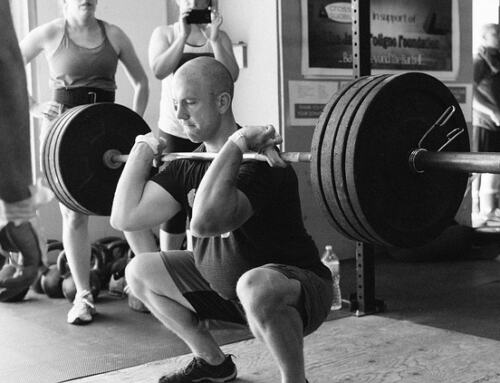 Women are three times more likely to die after a serious heart attack than men. That’s the findings of a study published in the Journal of the American Heart Association, highlighting a few serious facts.
Women are three times more likely to die after a serious heart attack than men. That’s the findings of a study published in the Journal of the American Heart Association, highlighting a few serious facts.
Heart attacks in women are not usually the typical movie version of the elephant sitting on your chest.
1. Despite decades of awareness and prevention, heart disease continues to be the number one cause of death in this country.
2. Heart attacks kill more women than all forms of cancer combined, killing one woman every minute.
3. a healthy lifestyle is a good preventive measure against heart disease, but it can’t eliminate that risk. Other factors—like cholesterol, family history, and high blood pressure —matter, too. Yet, there’s a lot of misconception surrounding risk factors and facts. For example, a Heart IQ Quiz conducted by MDVIP
4. Being a woman means different, less traditional symptoms and risk factors for heart disease and heart attack. That’s why many women mistakenly attribute their symptoms to things like indigestion, acid reflux, the flu, or just plain aging.
5. It’s possible to have a heart attack and not even know it. “Silent” heart attacks, which have no obvious symptoms, are more common in women than in men. These may not be discovered for days, weeks, or even months after they occur when your healthcare professional performs an electrocardiogram. These types of heart attacks can occur in women younger than 65 and are more likely to happen to women with diabetes (which can change the way you experience pain).
6. The most common symptom for men and women is chest pain. But only half the women who suffer heart attacks will get this warning sign. Women are more likely to have different symptoms than men, including:
- Back, neck, jaw, or throat pain
- Nausea
- Vomiting
- Extreme fatigue
- Shortness of breath
- Pain in the back, neck, jaw or throat
- Lightheadedness or dizziness
- Breaking out in a cold sweat
7. It’s never too late to adopt healthy habits. If you smoke, quit—you can reduce your risk of coronary heart disease by 50 percent just one year after quitting. Aim for 150 minutes of exercise each week, and concentrate on a diet rich in whole grains, fruits and vegetables, low-fat dairy and poultry, fish, and nuts. The same survey mentioned above found that more than half of Americans falsely believe that people with heart disease should eat as little fat as possible. However, unsaturated fats found in foods like salmon, nuts, soybeans, and avocados have value, which can help improve cholesterol.
The stark disparity in heart attack mortality rates between men and women calls for an urgent reevaluation of how heart health is approached and discussed, especially for women. The findings underscore not only the critical differences in symptoms and risk factors between genders but also highlight the pervasive myths and misunderstandings surrounding heart disease. More education and awareness are needed to empower women with the knowledge and tools to recognize and respond to heart disease effectively.
Moreover, adopting a healthy lifestyle, though crucial, is just one piece of the puzzle. Understanding your unique risk factors, including family history, cholesterol levels, and blood pressure, is equally important. And in this journey towards better heart health, it’s vital not to overlook the role of regular self-care and stress management.
In light of this, we encourage you to take a proactive step toward your heart health and overall well-being by scheduling a massage at Body Ache Escape. Massage therapy can be a valuable component of a comprehensive wellness plan, offering stress reduction, improved circulation, and pain relief. By taking care of your body and paying attention to its signals, you’re not only nurturing your heart but also enhancing your quality of life. Don’t wait for a wake-up call; prioritize your heart health today.





